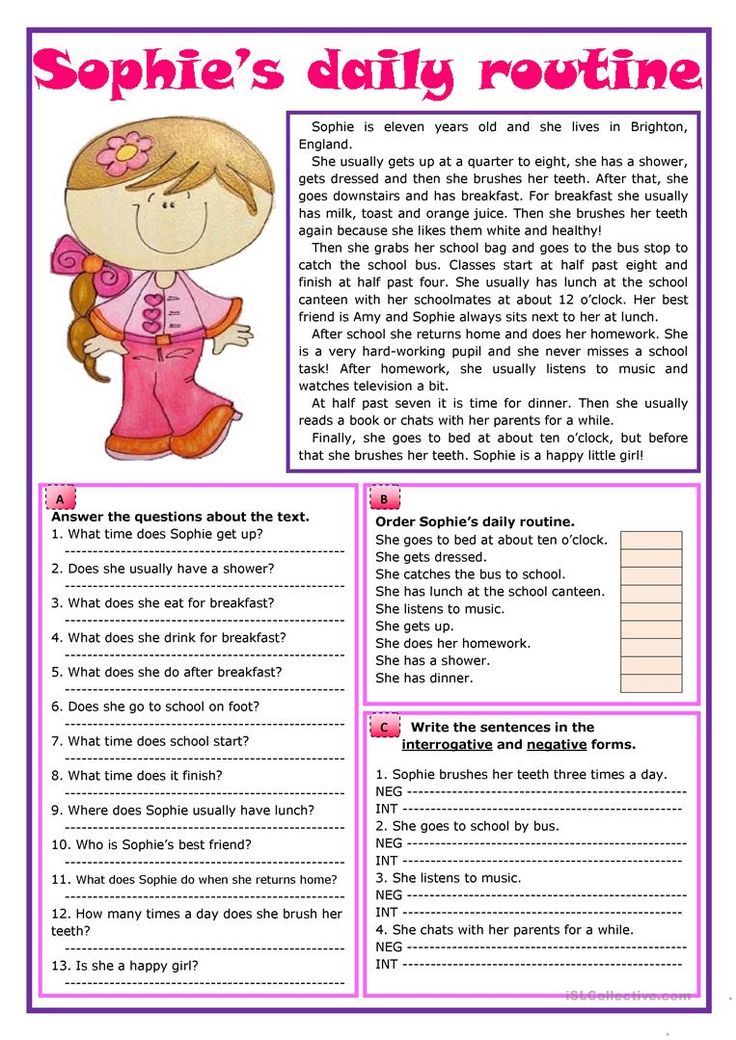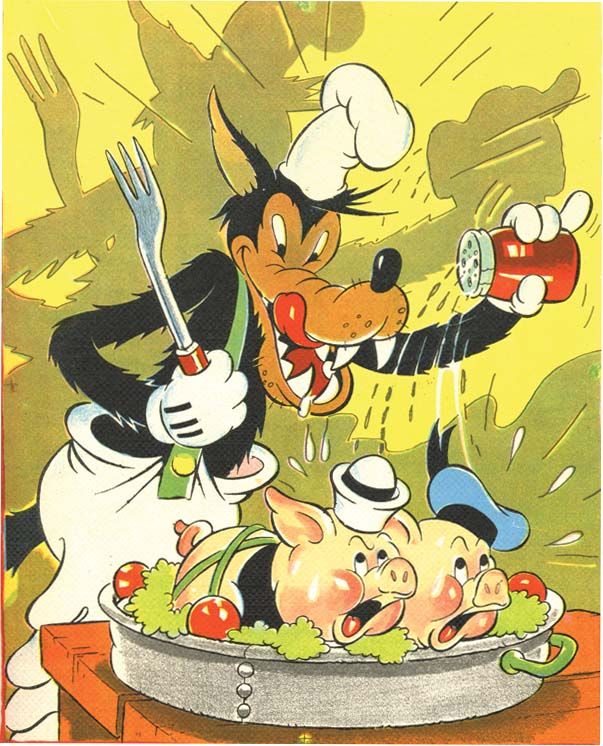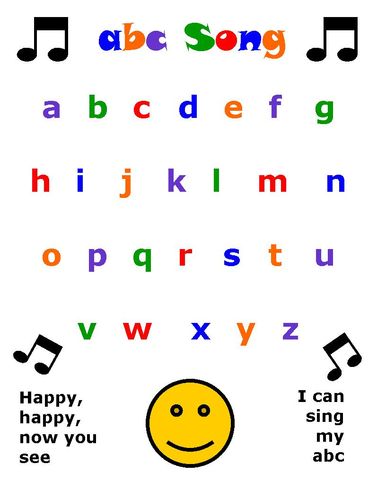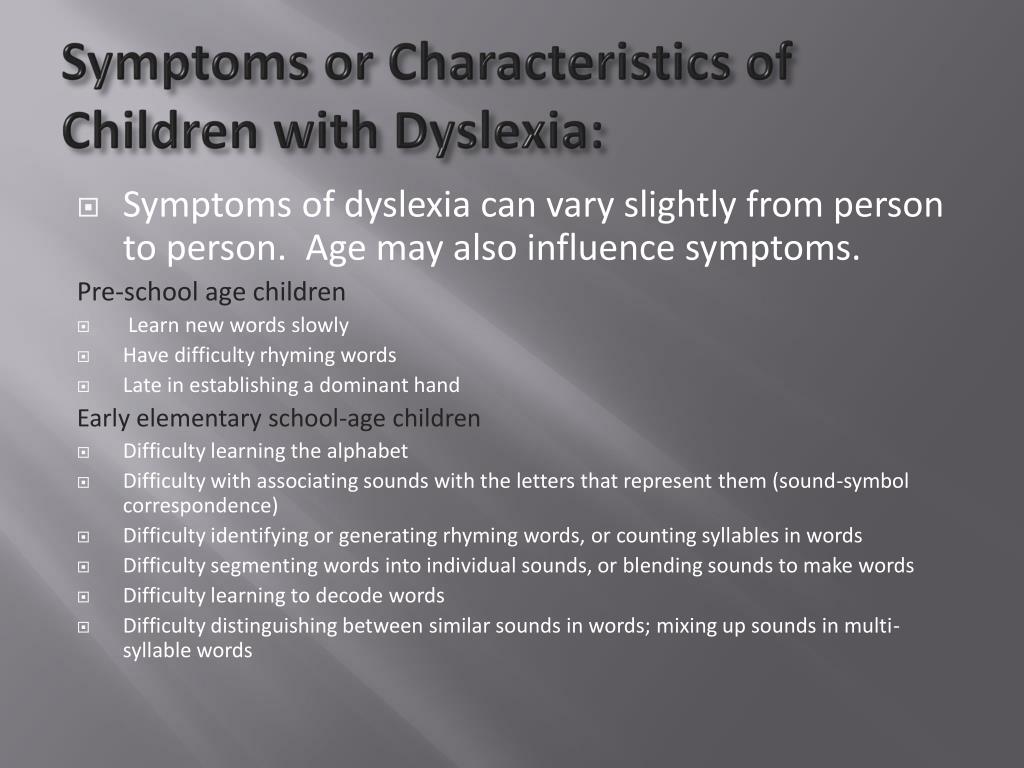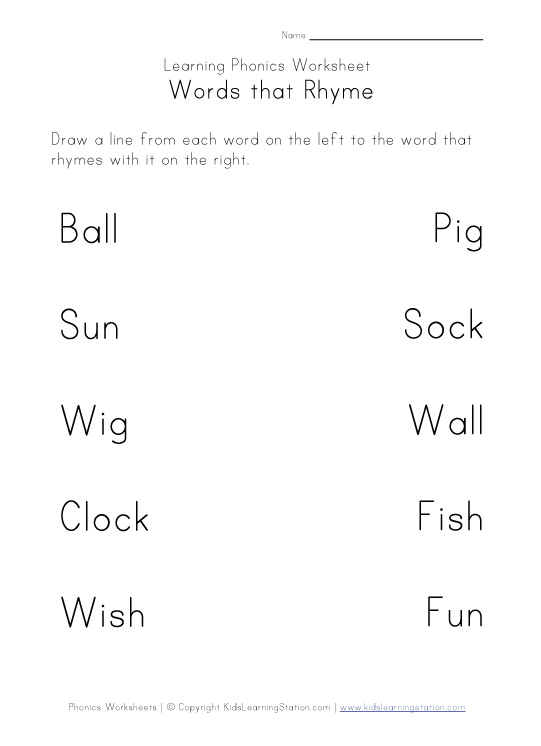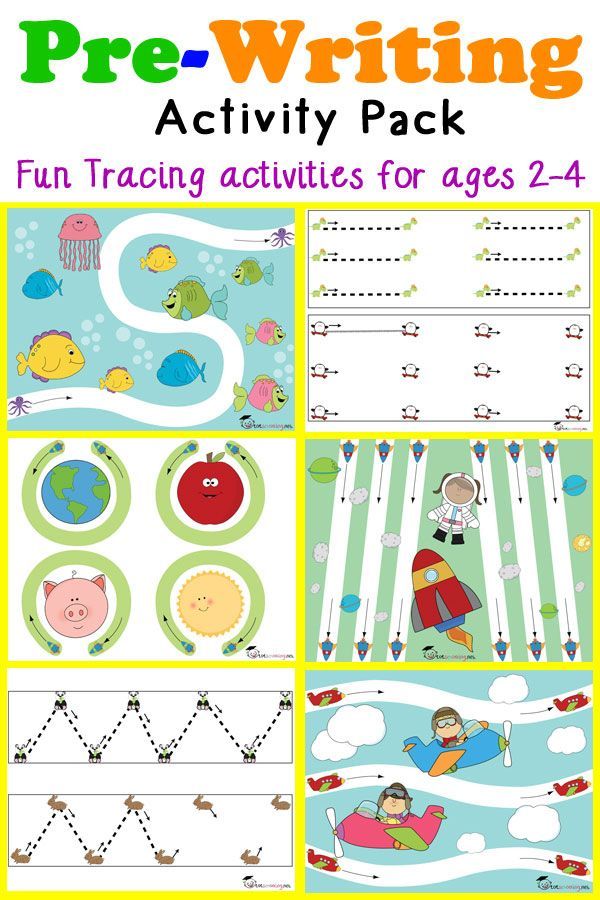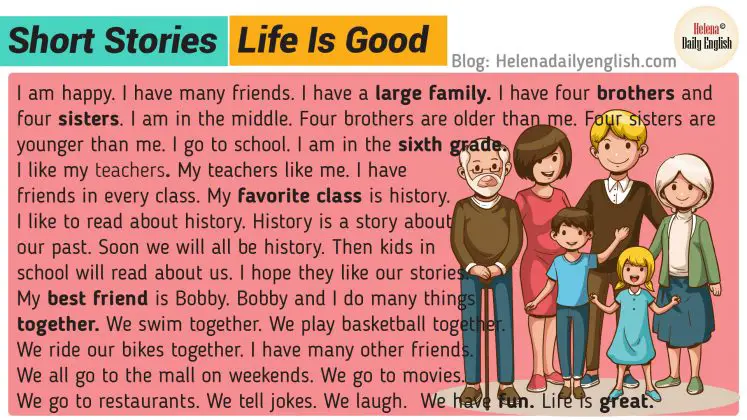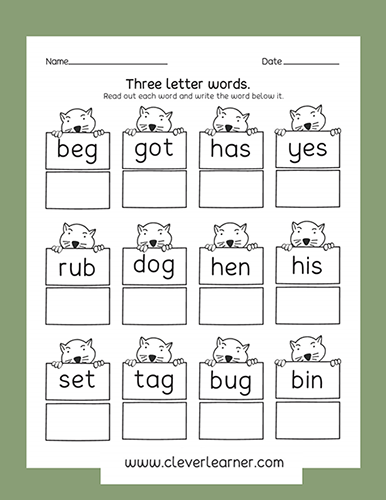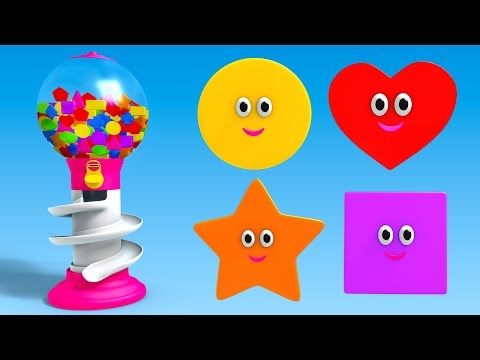Family words game
16 Word Games for Kids and Families
Fun word games for kids are a great way to fight boredom while also helping kids improve vocabulary, spelling, and communication skills. Kids will retain more vocabulary, remember grammar rules, and learn spelling tricks if they have fun while learning and these word games are a great place to start.
What are the benefits of word games?
Word games are not just fun boredom busters! They have lots of literacy benefits.
Word games will:
- Improve reading and language skills
- Boost intelligence
- Increase quick thinking and concentration skills
- Cultivate relationships when played with others
- Teach spelling
- Aid foreign language learners
- Help develop confidence
- Enhance communication skills
I have sorted the games into the following three categories below:
- Thinking word games that require no-prep, some are pen and paper games
- Word board games (Actually none of them use a board, ha ha ha)
- Sight word games, particularly good for the classroom
So, what are you waiting for, start playing! (Note: This post contains Amazon affiliate links. Purchases made through these links may earn commission.)
Word Games and Vocabulary Games
What I love about all the word game ideas in this section is that they are free word games!They are travel friendly, and even older kids will enjoy them. Play them on the go! Play them when you are stuck in traffic! Play them while you wait in line at the DMV! Improve your kids vocabulary whenever and wherever you want.
Words within A Word
Words within a word is probably my favorite on the list, and it's great for teachers in the classroom. Write out a long word on a piece of paper or a white board, if you have one. Set a timer for 3-5 minutes and challenge kids to come up with as many smaller words as they can using only the letters in the designated word.
For example, if the word is "onomatopoeia": poem, name, top, pot, ate, etc.
Unscramble
You will need a pen and paper for this word puzzle. Write a list of 10 words, but instead of spelling them correctly, mix up the letters and challenge your child to unscramble them.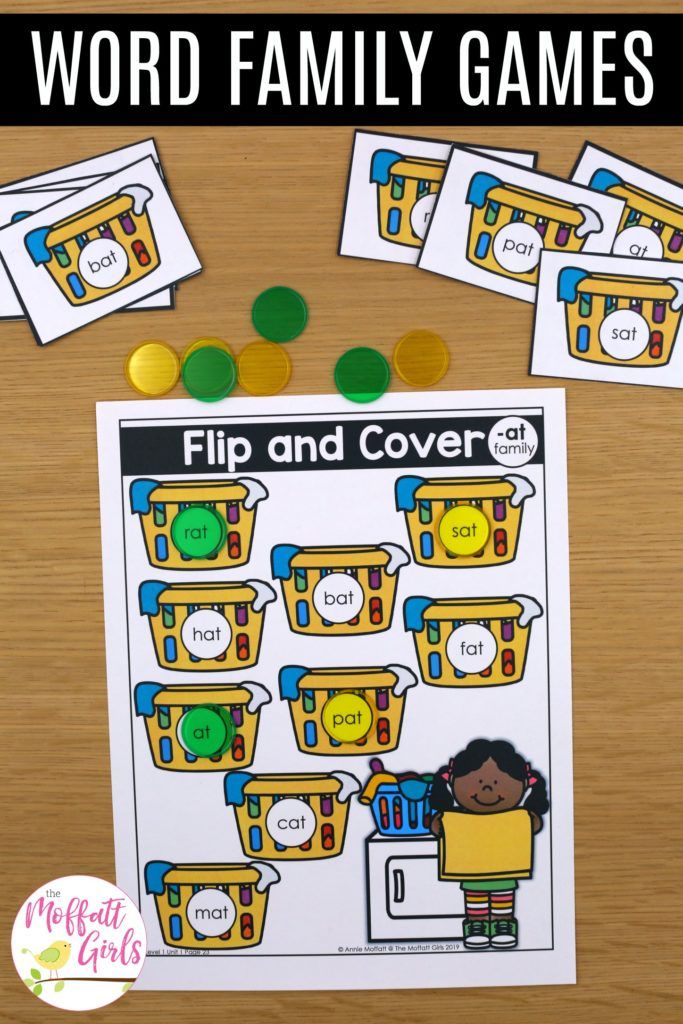 To make it a little more fun, select all words from a single category. For example: kcae, kieooc, epi, ssertde, eci mreac becomes cake, cookie, pie, dessert, ice cream.
To make it a little more fun, select all words from a single category. For example: kcae, kieooc, epi, ssertde, eci mreac becomes cake, cookie, pie, dessert, ice cream.
TIP: for younger kids choose only 3-5 letter words. I also have a frozen version of this game to play in the bathtub! For older kids, try taking 2 word phrases and scrambling them together as if they are one word.
The Minister's Cat
You can play this game with 2 or more players and it's great for learning new words! The first person starts off by describing the minister's cat with an adjective that begins with the letter "A." For example, "The minister's cat is an angry cat." The next player uses an adjective with the first letter "B," and so on through the alphabet. "The minister's cat is a bulbous cat." "The minister's cat is a cantankerous cat."
VARIATION: The Minister's Cat is also a memory game. Players must remember all the adjectives in order as they are added to the game.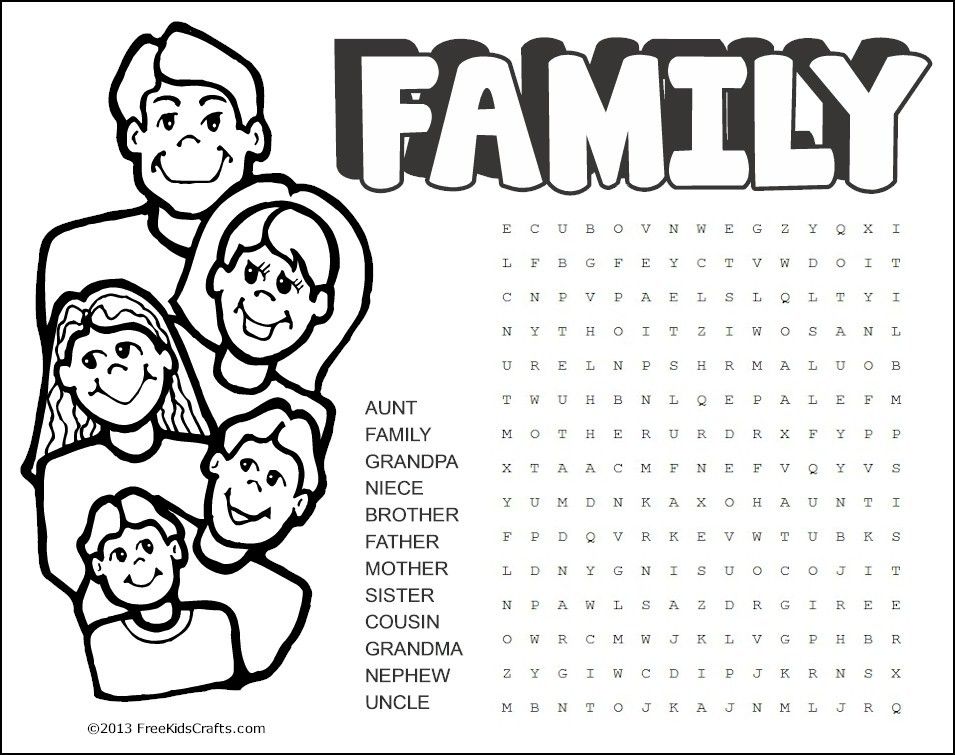 Using the above example, the second player would say, "The minister's cat is an angry, bulbous cat." The third, "The minister's cat is an angry, bulbous, cantankerous cat."
Using the above example, the second player would say, "The minister's cat is an angry, bulbous cat." The third, "The minister's cat is an angry, bulbous, cantankerous cat."
MORE: Memory Games for Kids
Hink Pink
Hink Pinks are rhyming word puzzles. One person thinks of a two word rhyme and gives a two word description. The other player then must guess the "Hink Pink." For example, if one person says, "angry boy", the other player responds, "mad lad." Or, "wet canine" becomes "soggy doggy."
Hink Pink examples: shy fly, funny bunny, slow crow, big wig.
TIP: If players are having trouble coming up with hink pinks, write down a bunch of hink pinks on individual slips of paper and place in a jar for players to draw out on their turn.
Human Thesaurus
Choose a simple word like "beautiful." Think of as many synonyms as you can. If playing with others, you can set a timer and trade off with different words, or write words down and see who can come up with the most.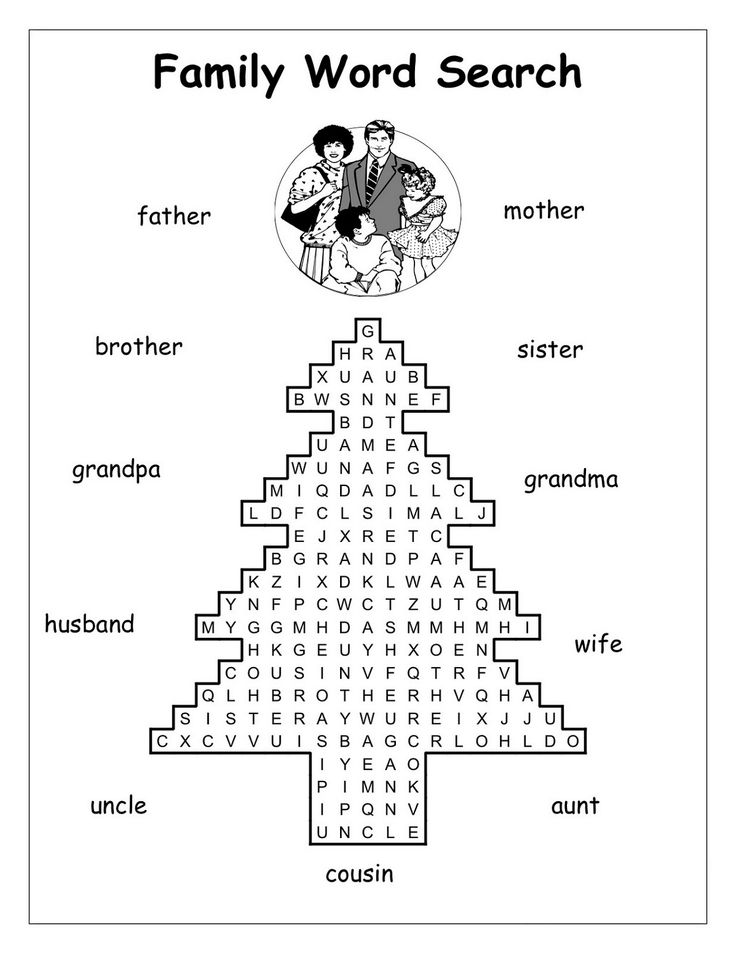
Storytelling Word by Word
Start a story with a single word. The next player says that word and builds the story with another word. The next player says the first two words, adds a third, and so on. Alternatively, you can build sentence by sentence. TIP: keep sentences short.
Hangman
This classic word game probably needs no introduction! One person thinks of a word and draws dashes along a paper to represent each letter in the word. Above the dashes he draws platform and stand. The other person guesses one letter at a time. If the letter is in the word, the first person fills in the blank(s). If not, the incorrect letter is written below and the first person draws one body part at a time. If the person guesses the word before the body is completed (head, torso, 2 arms, 2 legs), he wins, if not -- well, he loses.
Word Board Games
You can find some really wonderful word "board" games to play with kids, either for family game night or in the classroom.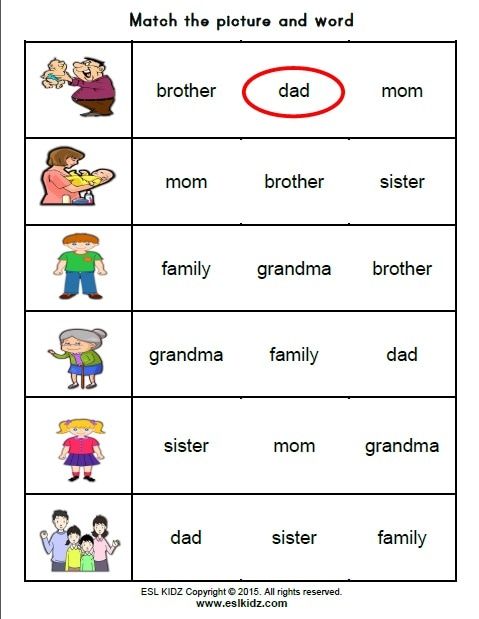 I put "board" in quotation marks because none of these games use an actual board!
I put "board" in quotation marks because none of these games use an actual board!
Boggle
Word-A-Round
Bananagrams
Quiddler
Sight Word Games
If you are working specifically on sight words with your kids and students, try using these diy sight words games and sight word board games to make learning more fun.
DIY and Printable Sight Word Games
The Measured Mom has a ton of free printable sight word games. Start with this one right here!
Sight Words Dominoes from No Time for Flashcards
Sight Words Pancakes from Playdough to Plato.
Zingo!
Zingo, Sight Words Edition. The original Zingo is an excellent classic game for pre-readers and early readers and this sight word edition is a must-have addition to the family of games. The Zingo games definitely take the pain out of memorizing sight words and give kids the confidence they need to improve their reading skills.
Sight Words Bingo
Other fun literacy ideas:
- Indoor and outdoor literacy games
- ABC books for kids that parents will enjoy, too!
- Picture books about words that share a love of language
Print and Play Word Family Games
Looking for some no prep word family games? Here you go! These print and play word family games are a free sample from my Print & Play Word Family Games pack!
If you want even more no prep phonics games, you might enjoy the entire bundle, Print and Play Phonics Games {just updated}!
*This post contains affiliate links.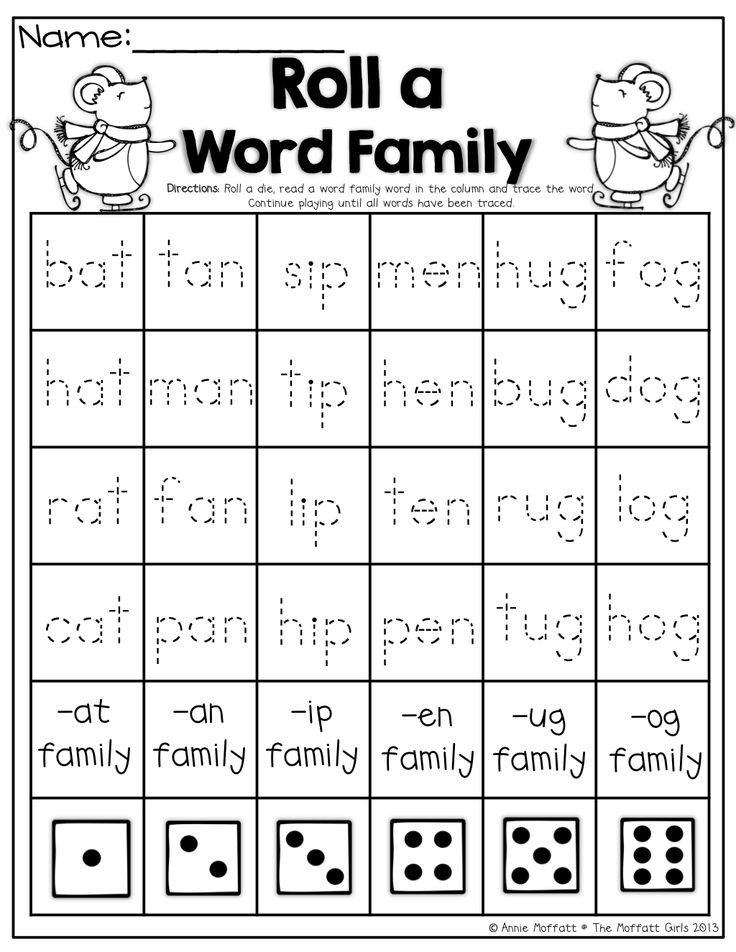
**The free download link can be found towards the END of this post. Just click on the teal, download button.
Print & Play Word Family Games
I’m so excited about our new set of word family roll and race games. These are similar to the phonics games in our print and play games from a few years ago, but instead of dropping an object on the game board, I’ve added a die, which makes them even better!
Learners can play by themselves, with a partner, or you can even take turns with a small group for focused phonics instruction. They’re also GREAT for at-home practice!
Playing these games is extremely simple. Just grab a die and small manipulatives {like Power Magnets, transparent counters, or just dried beans}. Using a small manipulative to move on the game boards makes them re-usable. My kiddos like to play using our dot paint.
Directions for 1 Player:
- Roll the die and match it to a picture on the board {each die pattern is on the board 2x}.
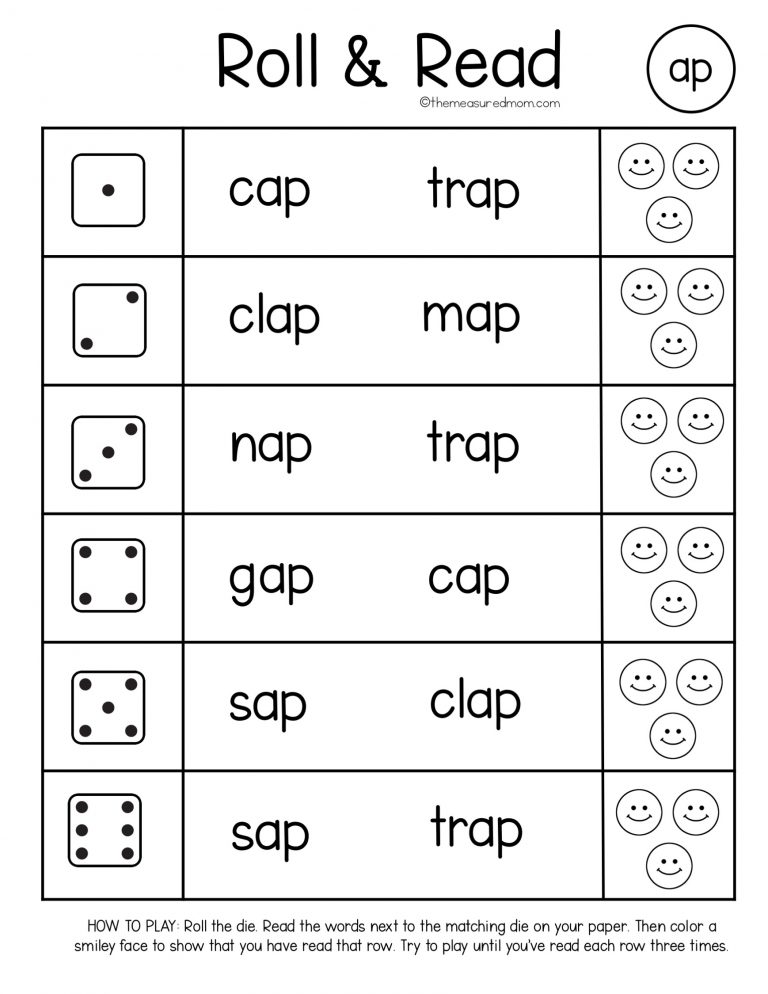
- Name the picture and the word family pattern it has. In the example above, it’s -ig or -in.
- If you’re using a small manipulative, the learner moves it off of “Start,” one space closer to the flag. If you’re using dot paint {as seen in the picture above}, dot one space closer to the flag.
- When one of the word family patterns reaches all the way to the flag, that side “wins” the game.
Directions for 2 Players:
- To modify for two players, each player chooses a “side” or phonics skill that will be theirs.
- Players take turns rolling the die, and naming the picture, and identifying the word family chunk.
- If it’s their chunk, they move closer to the flag on their side. If it’s not, they lose a turn.
- The first player to have their phonics skill reach the flag, wins.
Directions for a Small Group:
- To modify for a small group, simply have learners take turns rolling the die.
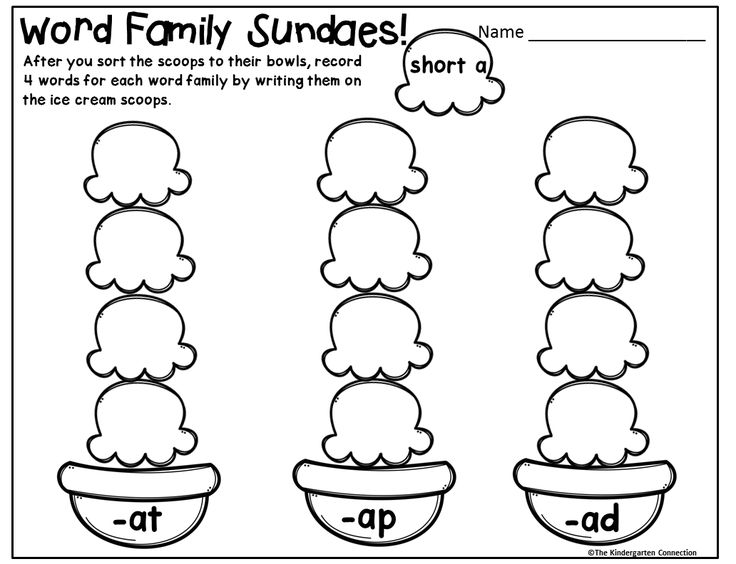 Together, name the object, and identify the word family chunk.
Together, name the object, and identify the word family chunk. - Similar to the 1-player version, the side of the board that gets to the flag first is the winner.
Even MORE Word Family Freebies!
Find all our word family readers from my Learn to Read curriculum. Or are you teaching with BOB Books? Try their BOB Books Rhyming Words series. You can find freebies for all the books in our collection right HERE!
Word Family Readers BOB Books Printables
If you want to purchase all the word family games, click on the image below. You can even grab the Print & Play Bundle Pack at my shop or my Teachers Pay Teachers Store! They’re perfect for EASY, NO PREP differentiation. {Keep scrolling for the word family games freebies!}
Enjoy!
~Becky
Want MORE Free Teaching Resources?
Join thousands of other subscribers to get hands-on activities and printables delivered right to your inbox!
Word game for traveling with kids: 15 best options
In the summer we are always going somewhere.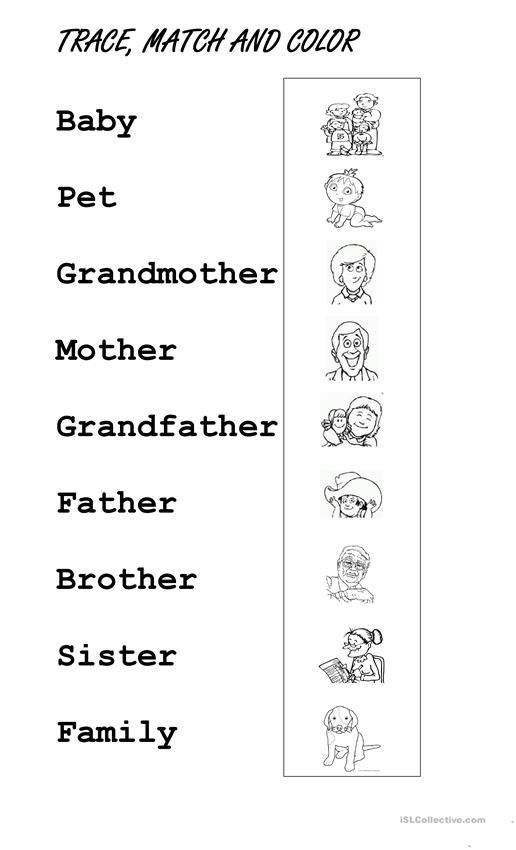 To the cottage by car, on vacation by train or plane. If you have children with you, there must certainly be games at the ready that you can play right without getting out of your chair. How about word games? How much do you know?
To the cottage by car, on vacation by train or plane. If you have children with you, there must certainly be games at the ready that you can play right without getting out of your chair. How about word games? How much do you know?
Tatyana Kolobova
1. "Twins" (Doublets)
It is said that the game D oublets was invented by Lewis Carroll, the author of Alice in Wonderland. It is not difficult to play it, besides, this game perfectly trains the skills of recognizing vowels and consonants.
Rules: select a word (from three to five letters) and change only one letter in it. For example: t umba - r umba, m uka - r eka. Then we change the letter in the second word again, it turns out: t umba - r umba - z umba (dance), r uka - m ukamu r a. Next, we try to extend the chain.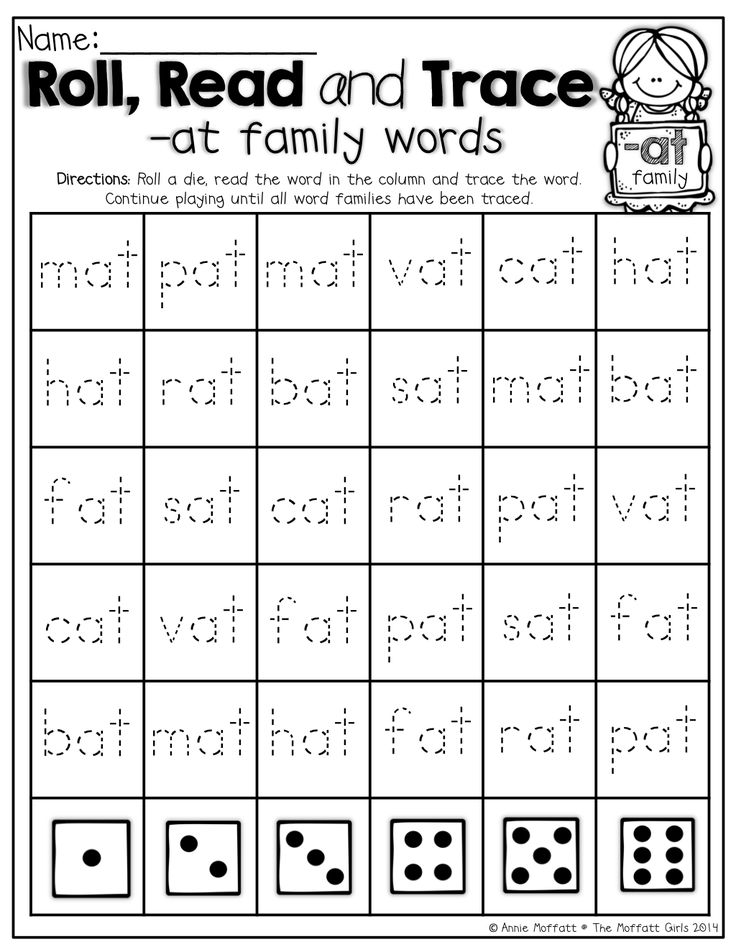 Whoever has the longer one wins!
Whoever has the longer one wins!
We complicate: we take words of 6-8 letters and play by the same rules.
2. Cities
Everyone seems to know this game. What could be easier? But options are possible.
Rules : the first player revs the city, the next player must choose the name of the city starting with the last letter of the previous one: Moscow and - A shkhabad. The downside of this game is that cities with the letter A will run out pretty soon. In this case, you can switch to the game Cities and Countries or Cities and Rivers . By the way, you can also play with an atlas in your hands, because children do not know so many geographical names. And with the atlas it is convenient, informative and useful!
3 Hidden word
The hidden word is the beginning of an exciting game that never ends.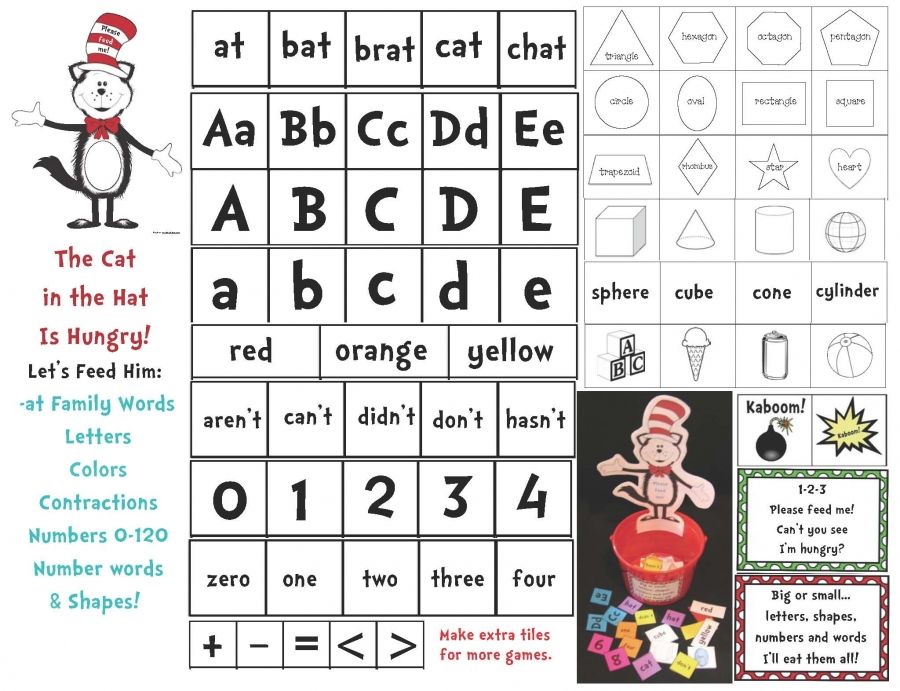
Rule: take a word and come up with a cipher for it: for each letter of the chosen word there should be one sentence, and the sentences must be connected in meaning. You can play in teams or each for yourself, the one whose cipher will be the most logical in meaning wins.
For example, choose the word "Potato". The cipher could be:
K Angty A Stronavt P ASPOSS T Umanny O ven Sh to Tummosphere A TOMPHERS
CONSUMENT TEDERAL TENTER OF THE CREARY AND SOMETHING OF THE COMPLEMENT OF THE COMPLEMENT. Sometimes the cipher texts turn out to be very funny, but in any case it is interesting to play!
4. Spy encryption
Come up with your own version of the letter cipher and write a secret message. Give the "key" of the cipher to the other players and offer to quickly decipher your message.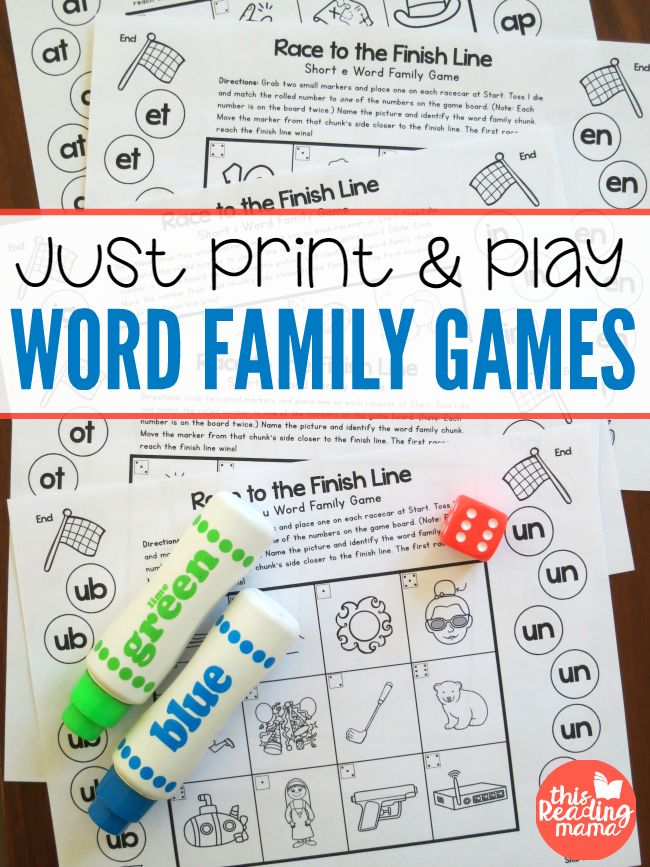 The “key” can be, for example, as follows: each letter corresponds to the next letter of the alphabet in order: A=B, B=C, and so on. The word "hello" in this case will look like this: RSKGEU.
The “key” can be, for example, as follows: each letter corresponds to the next letter of the alphabet in order: A=B, B=C, and so on. The word "hello" in this case will look like this: RSKGEU.
5. Guess who and what?
Depending on the complexity of the hidden word, the game can be suitable for any age.
Rules: the host thinks of a word. If you play "Guess it?", it can be a historical character, a fairy-tale hero, a mythical character, a cartoon or movie hero, one of the people everyone knows (family member, classmate). If you play "Guess who?", then you agree in advance what the hidden word refers to (a household item, an animal, a natural phenomenon, or something else). Next, the participants in the game ask leading questions to which the leader can only answer “yes” or “no”. The player who guesses the word first wins.
6. Who am I?
Variation on the theme of the game "Guess who and what?"
Rules: Each player writes a word on a self-adhesive piece of paper that can mean an object, phenomenon, person, character of a fairy tale, movie or cartoon, and sticks the piece of paper on the neighbor's forehead.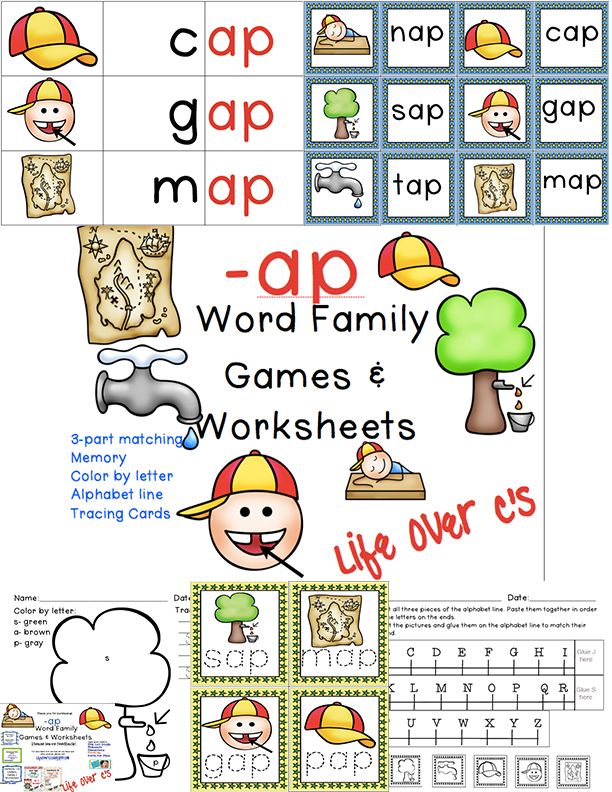 Thus, the word is seen by all participants in the game, except for the one who has this word on his forehead. Each player, in turn, can ask those around him any questions about himself, the answer to which can only be “yes” and “no”. The winner of the game is the one who discovers "who am I" first. The game continues until all players have guessed themselves.
Thus, the word is seen by all participants in the game, except for the one who has this word on his forehead. Each player, in turn, can ask those around him any questions about himself, the answer to which can only be “yes” and “no”. The winner of the game is the one who discovers "who am I" first. The game continues until all players have guessed themselves.
7. Crocodile
Good old game for a fun company of children and adults.
Rules : Players are divided into two or more teams. The host chooses (or the players themselves nominate) one candidate from the team, to whom, in secret, the host tells the word, which he must demonstrate to his team in any way. Pantomime, antics and jumping, waving arms and any grimaces are allowed. It is not allowed to pronounce and even articulate the hidden word without sound, write, draw, pronounce consonant words. The players themselves decide how much time is given for an explanation, usually 1 minute.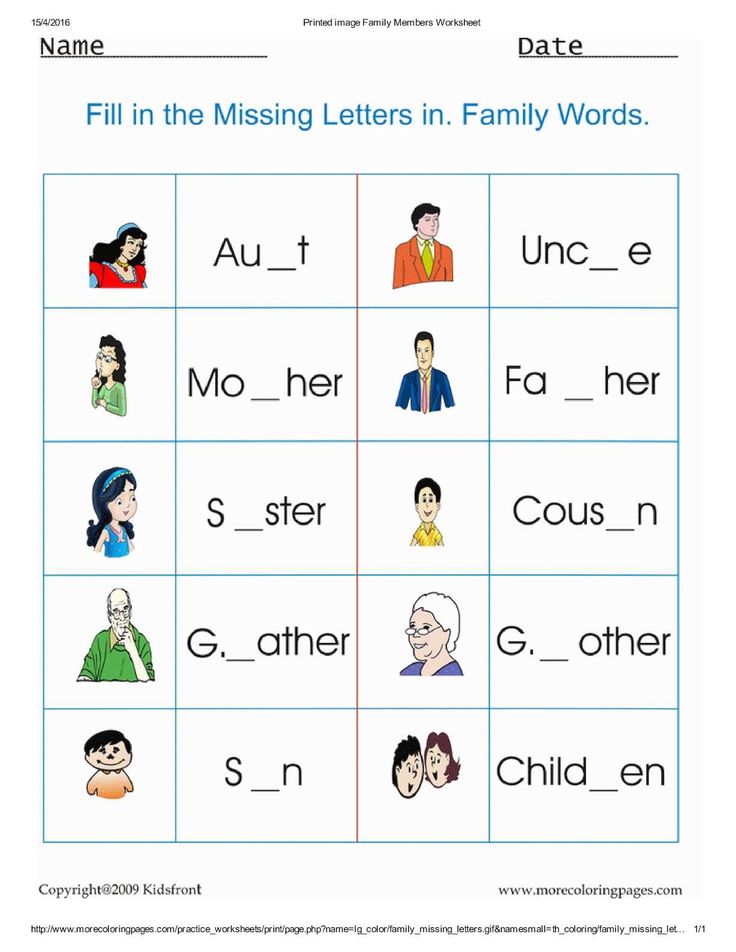
The older the players, the more difficult the leader thinks of a word. How would you, for example, depict the word inflation?
8. Snowball
Great memory training game. Counselors in children's camps often use it to enable the guys to get to know each other and remember the names of everyone in the squad.
Rules : In clockwise order, everyone starts giving their names. When all the names have been sounded, on the second round, each participant calls his name and the name of the neighbor on the right, for example: Natasha, Slava. The next player says his name and the previous two, and so the snowball of names grows until someone makes a mistake. If the company of players is small (for example, a family is traveling in a car), you can add funny unusual nicknames to patronymic names that everyone comes up with.
9. Diagonal
Game with pen and notepad.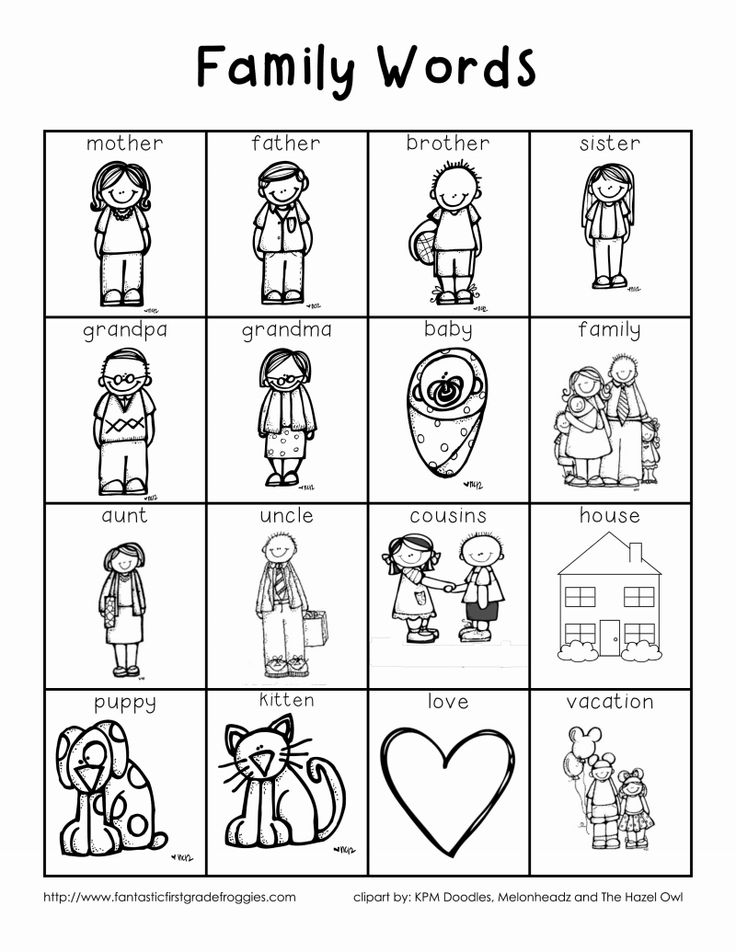 It is possible - for a while.
It is possible - for a while.
Rules: draw a square of 7x7 cells on a notebook sheet or in a notebook. Diagonally write a 7-letter word, for example - CARABAS. Passing the notebook to each other, each participant must enter the word horizontally in such a way that the already existing letter becomes part of it.
10. Bag of associations
This game is good to play with family or close friends or relatives.
Rules: each player writes on a piece of paper a word with which he has some memory, association or story associated. The papers are folded and placed in a bag. Then each player pulls out their piece of paper, quickly remembers and tells their story associated with this word. It is very unexpected and interesting when there can be completely different responses to the same word. And how nice it is to remember something long forgotten or to hear a story rolled out by a child that you did not even suspect!
11.
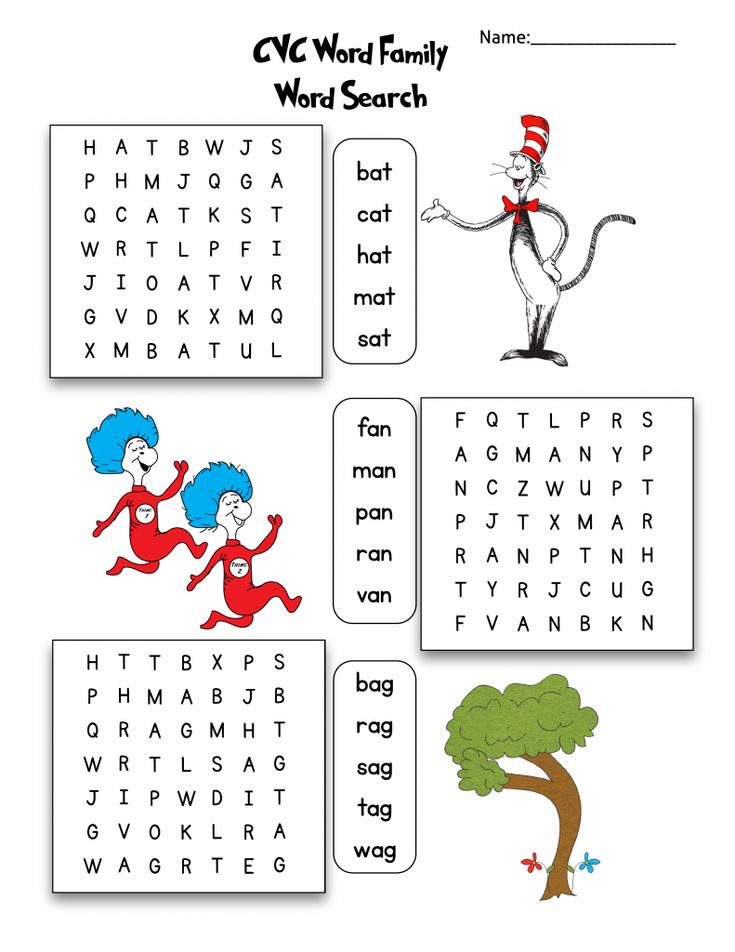 Nonsense
Nonsense Children aged 5-10 adore this game precisely because real nonsense comes out in the process and you can laugh heartily.
Rules: Each participant whispers any made-up word in the neighbor's ear. The host (preferably an adult) asks everyone a question, the answer to which will be the very word spoken in the ear. For example: - What did you eat for lunch today? — Cat. - Where do you live? - In car.
The next leader is the one whose answer turned out to be closest to reality - that is, NOT nonsense .
12. Edible-non-edible
An attention and reaction game for toddlers and younger teens.
Rule : do the guys stand up or converge in a circle, the leader holds a small ball in his hands and throws it selectively by the players? Saying the word at the same time. The “edible” player must catch, the “inedible” should be discarded.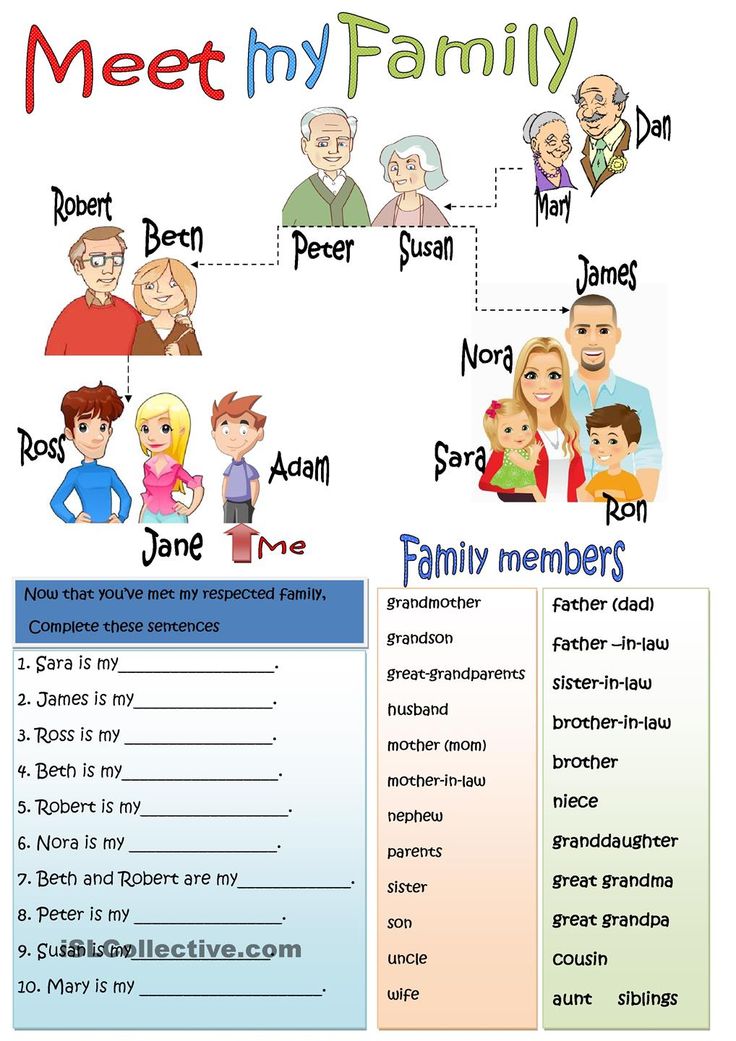 There are many variations of this game. For example, about animals: "Flies, crawls or swims." We agreed that we catch everyone who flies, which means that there is no need to “catch” the rest. You can play different objects in the same way, classifying them according to some attribute.
There are many variations of this game. For example, about animals: "Flies, crawls or swims." We agreed that we catch everyone who flies, which means that there is no need to “catch” the rest. You can play different objects in the same way, classifying them according to some attribute.
13. Contact
A very gambling game in which, if you play with children, it is very easy to forget yourself and start pulling the blanket over yourself, preventing the children from understanding what's what.
Rules: the host thinks of a word and tells the rest of the players only the first letter. For example, this word is "zebra". Each of the players comes up with his own word with the letter Z called by the leader and tries to explain it to others using gestures and pantomime (without words!), what exactly he was thinking, without naming it. If one of the players understood what the word was intended by the one who explains, he says "There is a contact!" and both (the one who explained and the one who responded) start counting down aloud from 10, and then each say their own word at the same time.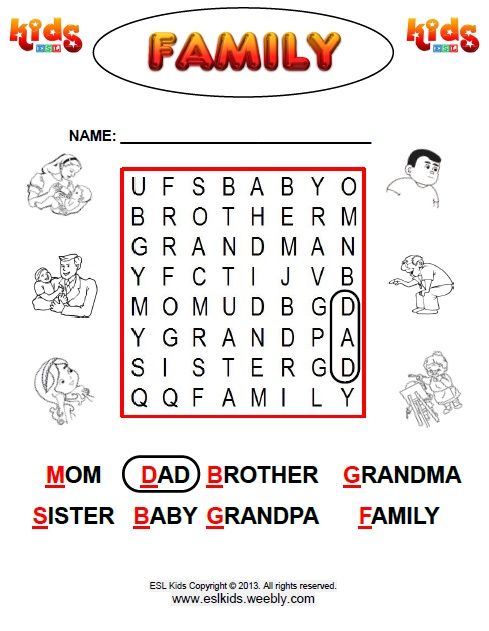 Matched - the host calls the players the second letter in his word and the game continues, only now the players need to invent and explain the word with the initial letters Z and E already set. In case the word does not match, the players continue the game.
Matched - the host calls the players the second letter in his word and the game continues, only now the players need to invent and explain the word with the initial letters Z and E already set. In case the word does not match, the players continue the game.
14. The pile is small
A useful game for developing imagination. It is very good for children who have difficulty with presentations and essays. But - alas - it is not suitable for those who have not yet learned to read.
Rules: All players take turns throwing words that come to their mind - any, not just nouns. The facilitator writes them down on a piece of paper in a chaotic manner, trying to fill the entire sheet, while leaving “air” between the words. Then each of the players takes turns picking up a piece of paper and connecting 5-6 words with a line that can become the basis of a sentence, invent and voice it. The next player chooses his 5 words and the game continues until the last player has no words left for a coherent sentence.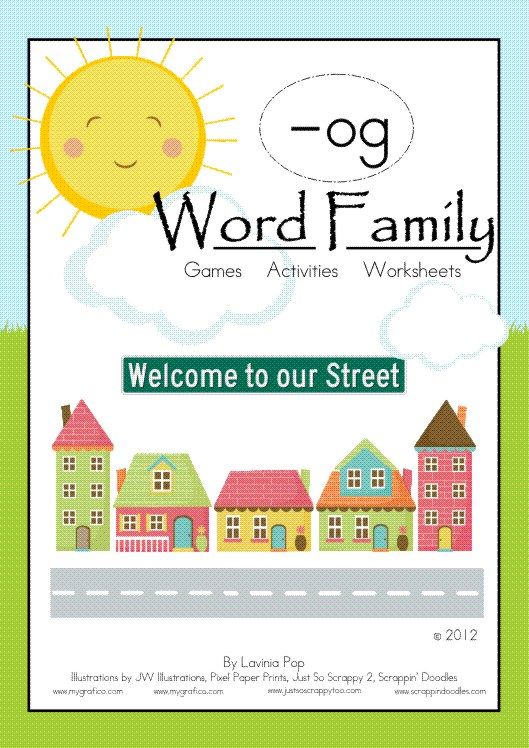 True, by the end of the game, everyone has pumped their writing skills so well that the sentence is even made up of the remnants of words.
True, by the end of the game, everyone has pumped their writing skills so well that the sentence is even made up of the remnants of words.
15. Antipodes
Only when children enter the 4th grade will they learn what synonyms, antonyms and homonyms are. Why not practice on vacation in recognizing these couples?
Rules: the host calls the word, the players must name antonyms (or synonyms - as you agree) in a circle. The one who could not pick up the word and on whom the chain is broken is eliminated from the game.
7 fun games on the topic "Family". You'll like it!
14253
0
One of the first topics of any textbook for beginners to learn English is "Family". This topic is especially important for a child, because for him the family is the whole world.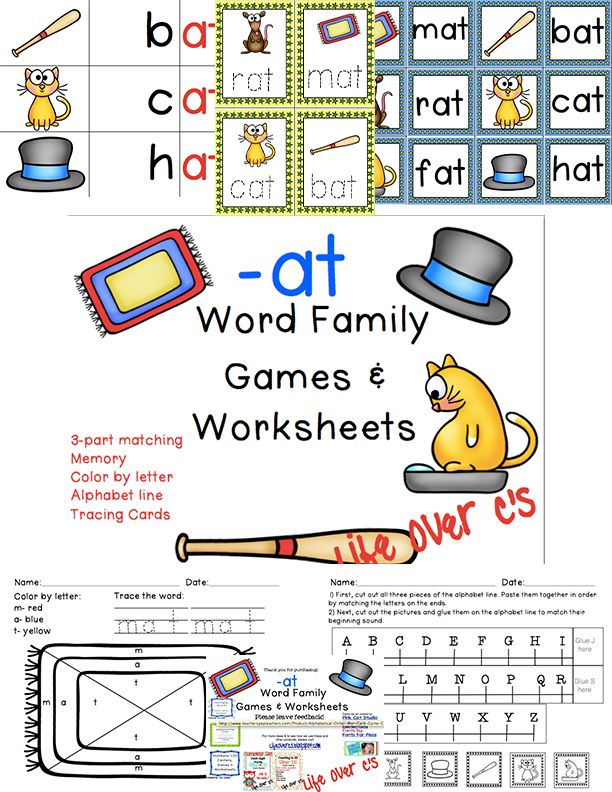 How to teach children to talk about the closest people in English? Every parent wants the child to know not only the words mother, father, sister, brother, but also to be able to describe other relatives. To quickly memorize a family tree, play exciting games with your child. In this article, you will get to know some of them and will be able to choose which ones are suitable for your students.
How to teach children to talk about the closest people in English? Every parent wants the child to know not only the words mother, father, sister, brother, but also to be able to describe other relatives. To quickly memorize a family tree, play exciting games with your child. In this article, you will get to know some of them and will be able to choose which ones are suitable for your students.
Let's start with the fact that games can be of two types :
- group games (from 4 children and more)
- individual (with tutor or parent).
They can be based on physical activity or logic. The proposed 7 games can be modified and adapted to the needs of the child.
Family tree
Preparatory stage:
The child perceives pictures best of all. Family is always an association with a tree. Show the student a picture of a family tree with colorful characters. Each of which must have a name.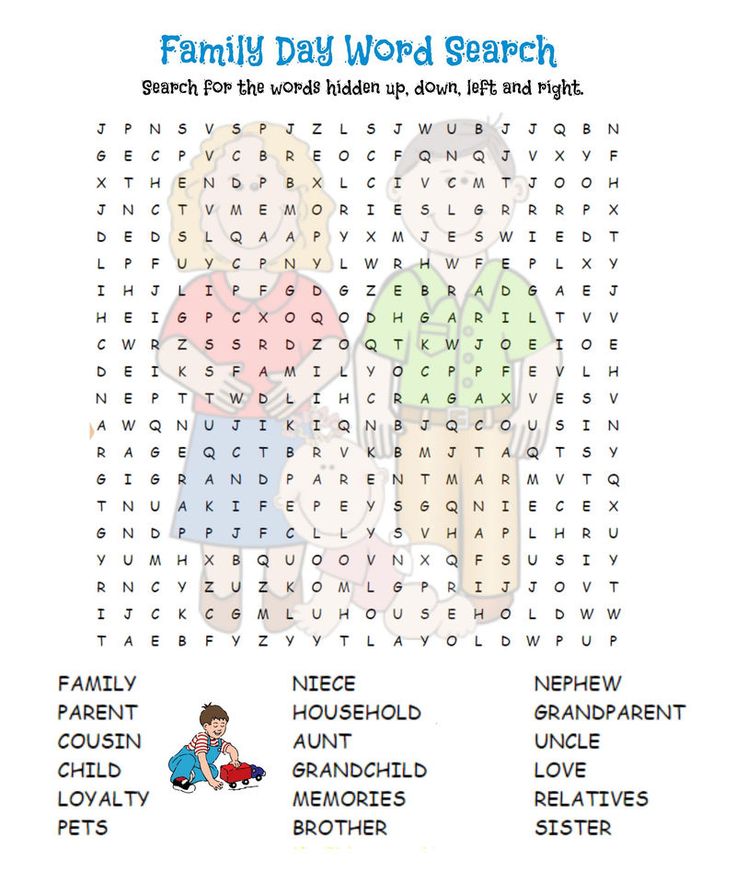 The words of family members should be written on a separate sheet (it is possible with transcription):
The words of family members should be written on a separate sheet (it is possible with transcription):
Next, we show a colorful video of Family members so that the child hears the correct pronunciation. We read the words on the card aloud with him.
Rules of the game:
After practicing pronunciation, we start playing. We divide the children into teams, take a picture with the characters of the Simpson family, ask the students to concentrate. Speed game. You ask family tree questions.
- Who is Marge to Bart?
- She's a mother.
— Who is Bart to Marge?
- He's a son.
Students should answer as quickly as possible. One correct answer is one point. The team with the most points wins.
To diversify the game, you can ask teams to ask each other questions or complete sentences:
– Abraham is Lisa’s….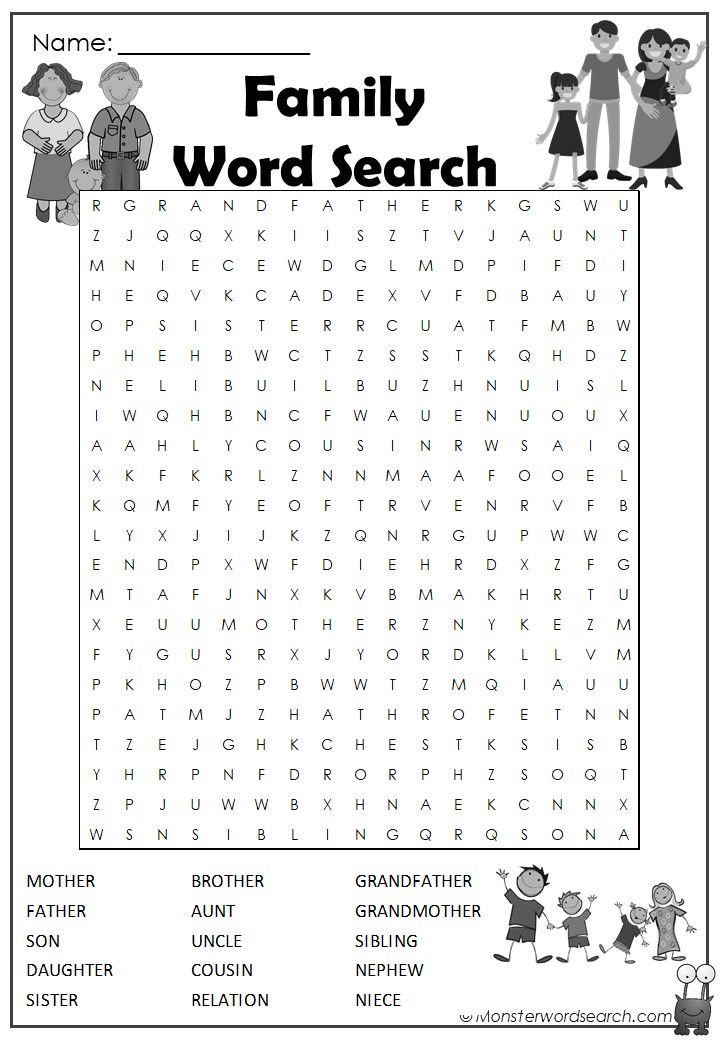
- Marge is Lisa's….
The number of correct and quick answers is again counted.
You can also complete the sentences yourself incorrectly and ask the teams to correct the error, for example:
- Abraham is Lisa's uncle. Am I right?
No, you are wrong. Abraham is Lisa's grandfather.
This game can also be played individually with the child, limiting the time for answers and indicating the number of points for a good assessment. For example: 12 correct answers - the winner, 9 - second place, etc.
True or not
When the basic words are learned, it's time to add a description to each family member (age, occupation, appearance, character). For example:
Mona is a grandmother. She's 65 years old. She has short blue hair and a big mouth. She's kind and friendly.
Abraham is a grandfather. He's older than Mona. He's 70 years old. He forgets things. He doesn't wor.
After getting to know the characters in the picture, you need to read the descriptions and ask if it's true or not.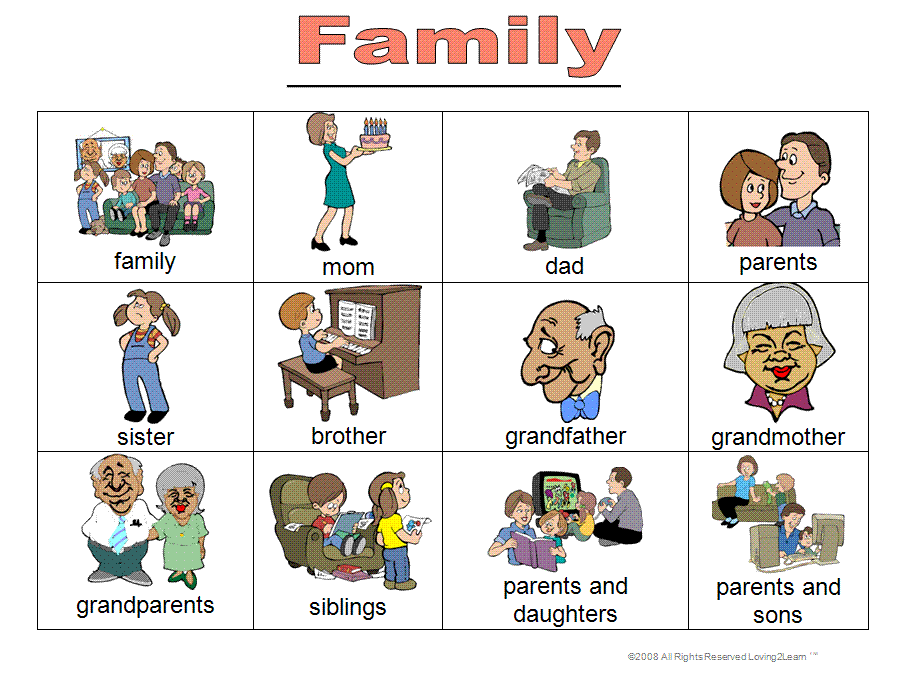 For example:
For example:
- Lisa is a grandmother. She's 65 years old. She has short blue hair and a big mouth. She's kind and friendly. Is it true?
The task of the student (teams) is to determine the untruth as quickly as possible and give the correct answer.
- No, Lisa's a granddaughter. She's younger than 65. She goes to school. She has yellow hair and a small mouth.
The winner will be the one who gave the most correct answers in the shortest time, for example, 5 minutes.
Fairytale
This game is like making up a story. Let the child pretend to be a writer who wants to write about a family holiday. For example, New Year or Christmas. You can take a picture of the living room and ask the child to describe where he would place each relative. For example:
- Where is your grandmother?
- She is near the fireplace because it's cold.
— Where's your uncle?
- He's at the table because he's hungry.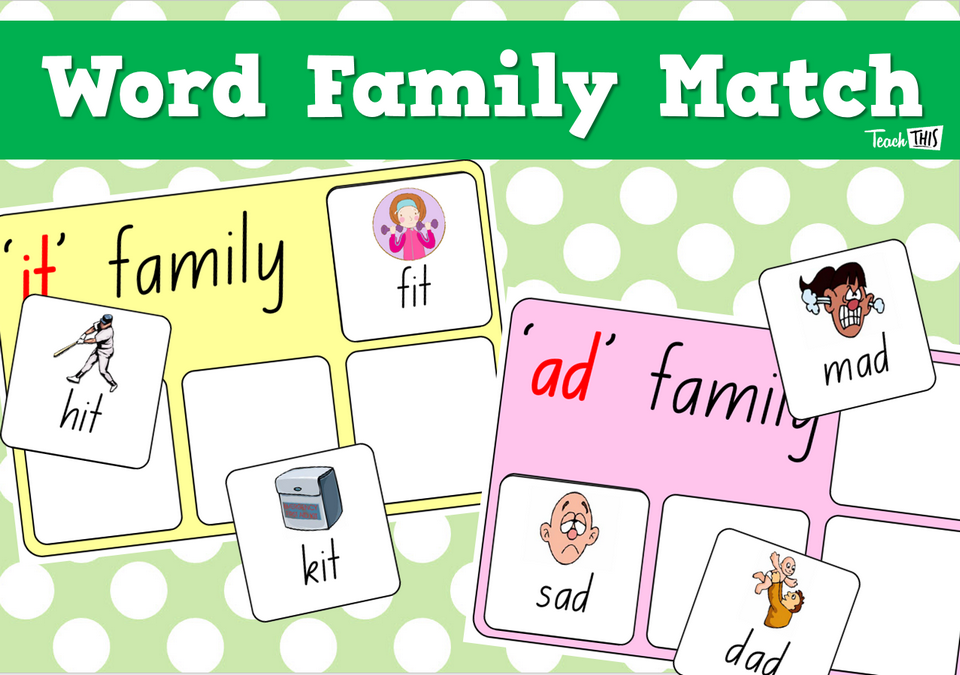
At the end ask to tell the story of the holiday with the whole family. The winner describes 5 family members, the second place - 3 family members, the third - 2 family members.
Taboo words
This game helps students practice new words.
Divide the class in half and ask the two teams to sit on opposite sides of the room, facing each other. Each team will choose a person to sit in front of their team, face to face in a separate chair. You will stand behind the students and show a piece of paper with an inscription on it. Students sitting in separate chairs will not be able to see the writing. Teams have three minutes, or whatever amount of time you want, to get the players, seated separately, to say a word on paper. The catch is that this word cannot be said out loud under any circumstances. The team that quickly says the word that was written on paper will win.
Chalkboard Pictionary
Divide the class into two teams and have a small column for each team on one side of the board.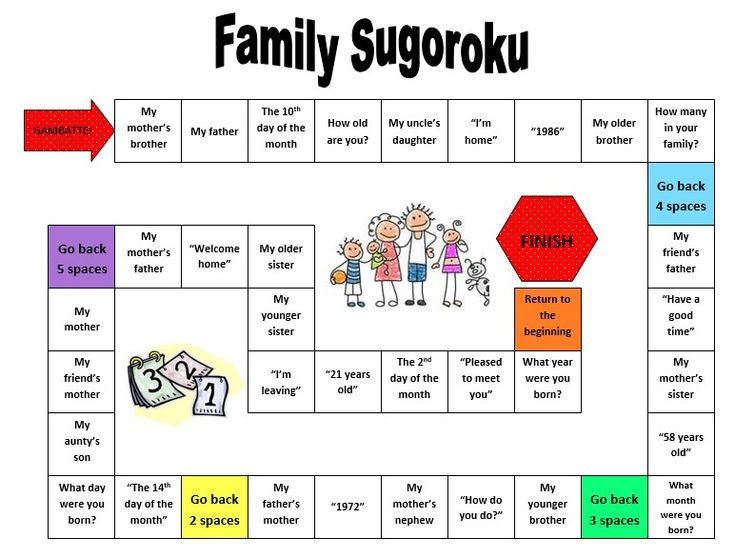 This is where you write down their points. Have one person from the team come forward. Give the student a card with the name of one of the family members and ask them to draw the word. Or you can write the words on slips of paper for students to choose at random. The student must convey the word to his team only by drawing on the board. Words, symbols, or hand gestures may not be used. Limit the time to a maximum of three minutes. Each correct word is a point, and the team with 5 points is the winner.
This is where you write down their points. Have one person from the team come forward. Give the student a card with the name of one of the family members and ask them to draw the word. Or you can write the words on slips of paper for students to choose at random. The student must convey the word to his team only by drawing on the board. Words, symbols, or hand gestures may not be used. Limit the time to a maximum of three minutes. Each correct word is a point, and the team with 5 points is the winner.
The Theater
Let's turn our attention to the outdoor game. The essence of this game is expressed in the title. The child should introduce himself as one of the family members, but do not tell anyone about it. Further, he must not only show his hero, but also describe what he shows. For example:
- I like to get up early in the morning and read a newspaper in the armchair. (The child sits on a chair and reads a newspaper).
Are you a grandmother?
- No.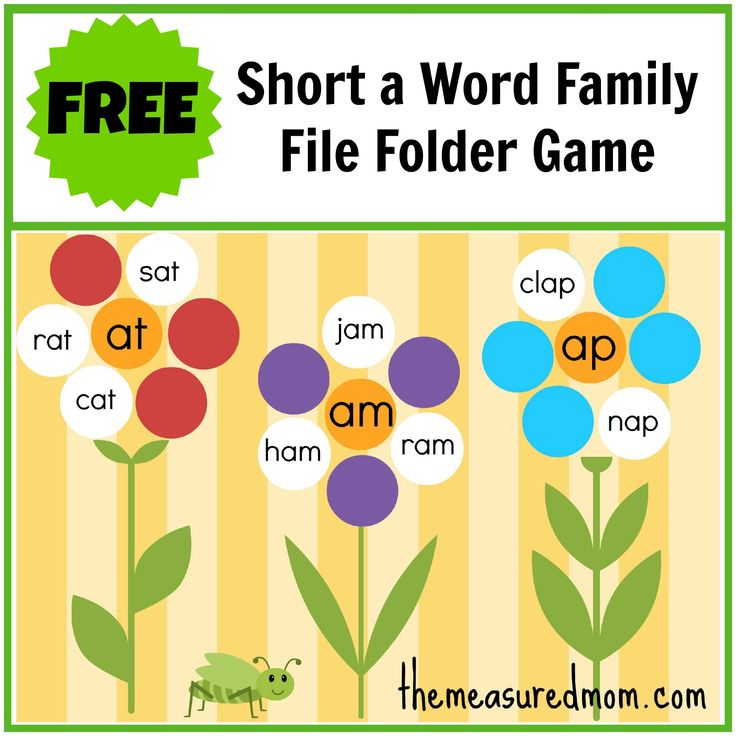 I'm not a grandmother.
I'm not a grandmother.
Are you a grandfather?
- Yes. I'm a grandfather.
Important! According to the rules of the game, all words about family members must be repeated by the players. The one who guesses the most on the first try wins.
Opposites
When the child has learned the words well, this game will not be difficult for him. The players throw the ball to each other, the one who has it in his hands must name the opposite word and throw it back, for example:
- Grandmother - grandfather
- Uncle - aunt
- Son - daughter.
To diversify the game, you can add new words by asking to replace the familiar part of the word and explaining the meaning:
- Son-in-law - daughter-in-law
- Stepmother - stepfather
The number of points is calculated for each correct answer. The winner is the one who scores 10 points first.
Be sure to reward and praise the children for their excellent play at the end of the games.


